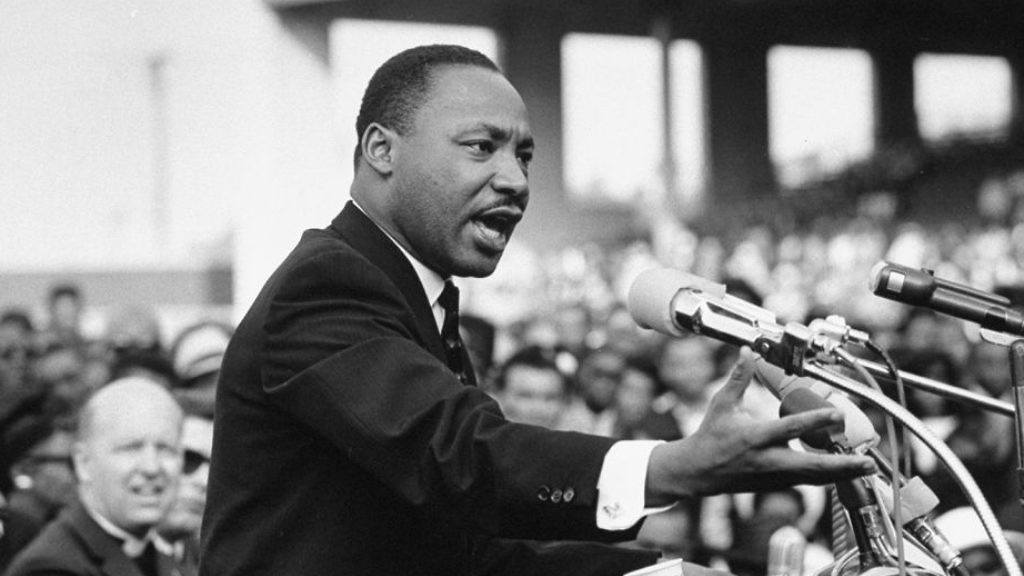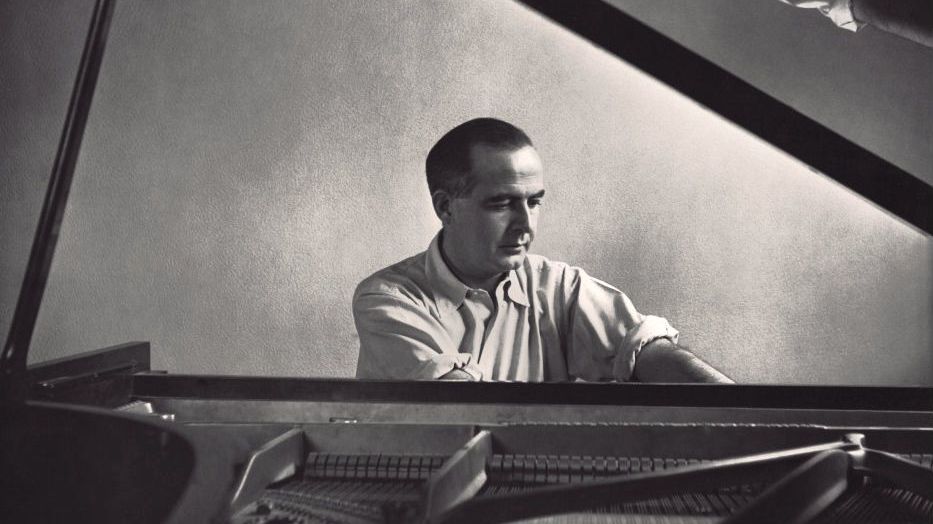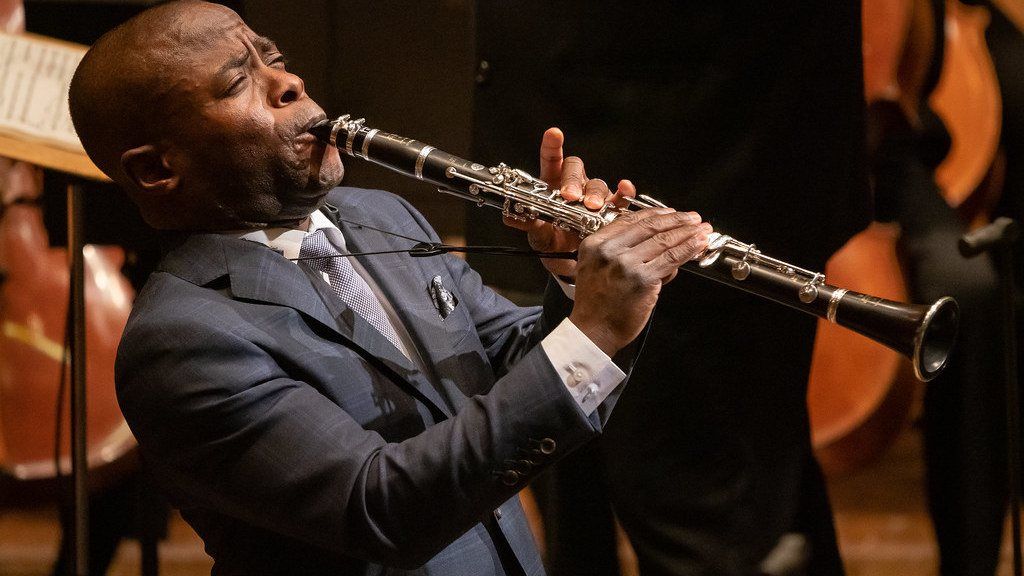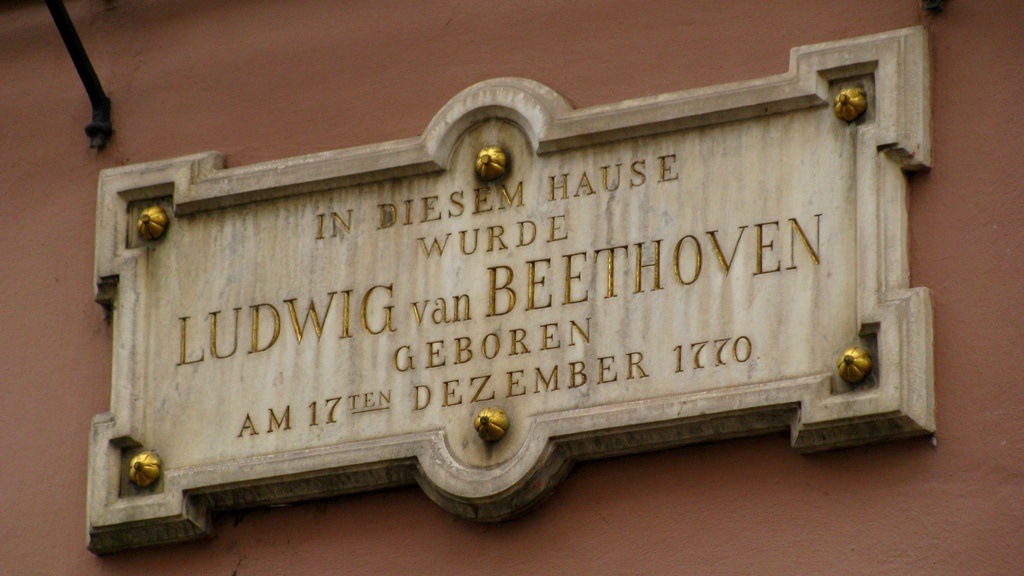Remembering Barry Tuckwell
Barry Tuckwell, the renowned Australian horn player, passed away last week. He was 88. Born into a musical family, Tuckwell began playing the horn at age 13. By 15 he was playing professionally as third horn of the Melbourne Symphony Orchestra. A year later, he joined the Sydney Symphony Orchestra under Eugene Goossens. He soon moved on to perform in Britain’s Hallé Orchestra under Sir John Barbirolli. At age 24, he was principal …







